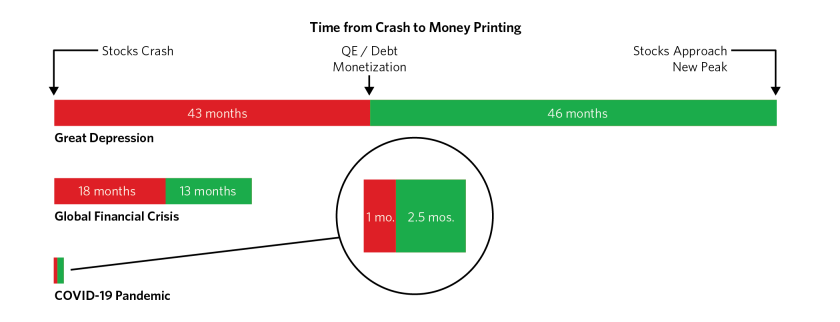
Author 'The 80-20 Money Makeover' |
Investment Approach: Keep it Simple + Do Less + Out-Behave
How to get URL link on X (Twitter) App


 2/n What are the 5 lenses?
2/n What are the 5 lenses? 


 2/n Let's evaluate Smallcaps using these 5 lenses:
2/n Let's evaluate Smallcaps using these 5 lenses:









